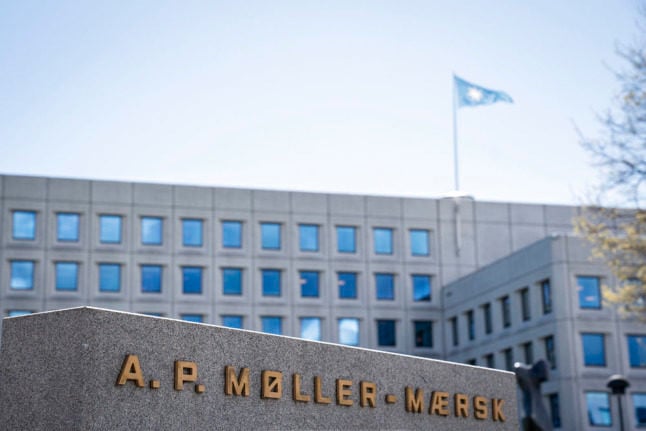“Maersk delivered record earnings” in the third quarter, chief executive Soren Skou said.
“In the ongoing exceptional market situation, with high demand in the US and global disruptions to the supply chains, we continued to increase capacity and expand our offerings to keep cargo moving for our customers.”
Maersk said that its bottom-line net profit amounted to $5.438 billion in the period from July to September, compared with $947 million a year earlier.
Underlying, or operating, profit increased nearly fivefold to $5.859 billion and revenues jumped by 67 percent to $16.612 billion.
“Results in Q3 were driven by high freight rates in an exceptional market situation,” the group said.
Looking ahead, Maersk said it is sticking to its full year forecast for operating profit of 18-19 billion dollars.
However, the ocean shipping division “is now expected to grow below” projected global container demand of between seven and nine percent this year, “subject to high uncertainties related to the current congestion and network disruption,” Maersk said.
“The current trading conditions are still subject to a higher-than-normal uncertainty due to the temporary nature of current demand patterns, disruptions in the supply chains,” it cautioned.
READ ALSO: Danish shipping giant calls for global carbon tax for shipping



 Please whitelist us to continue reading.
Please whitelist us to continue reading.
Member comments